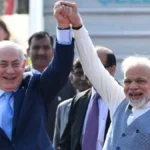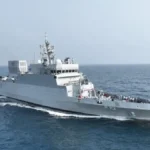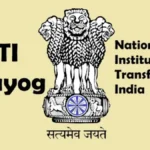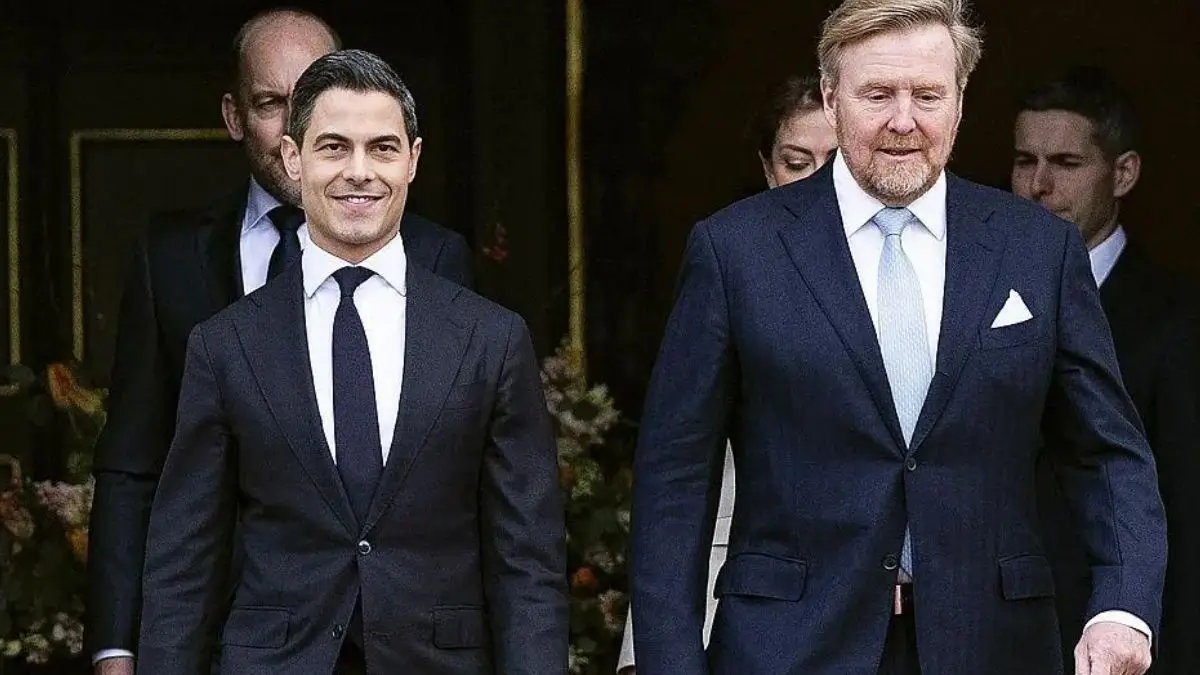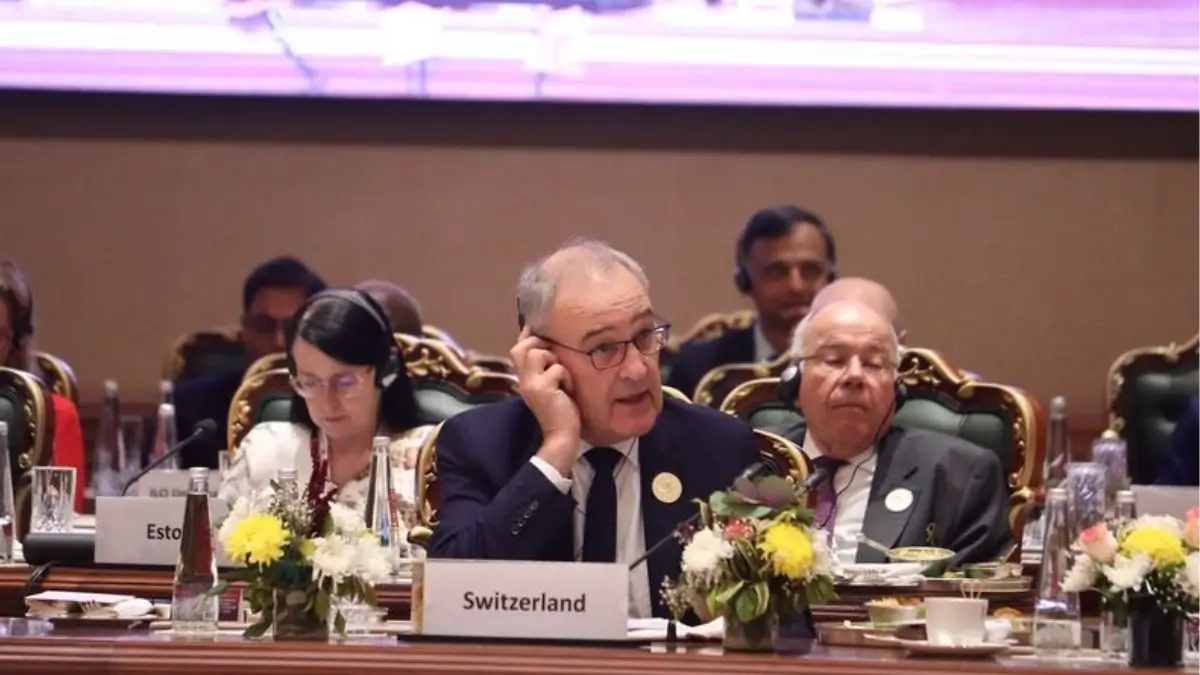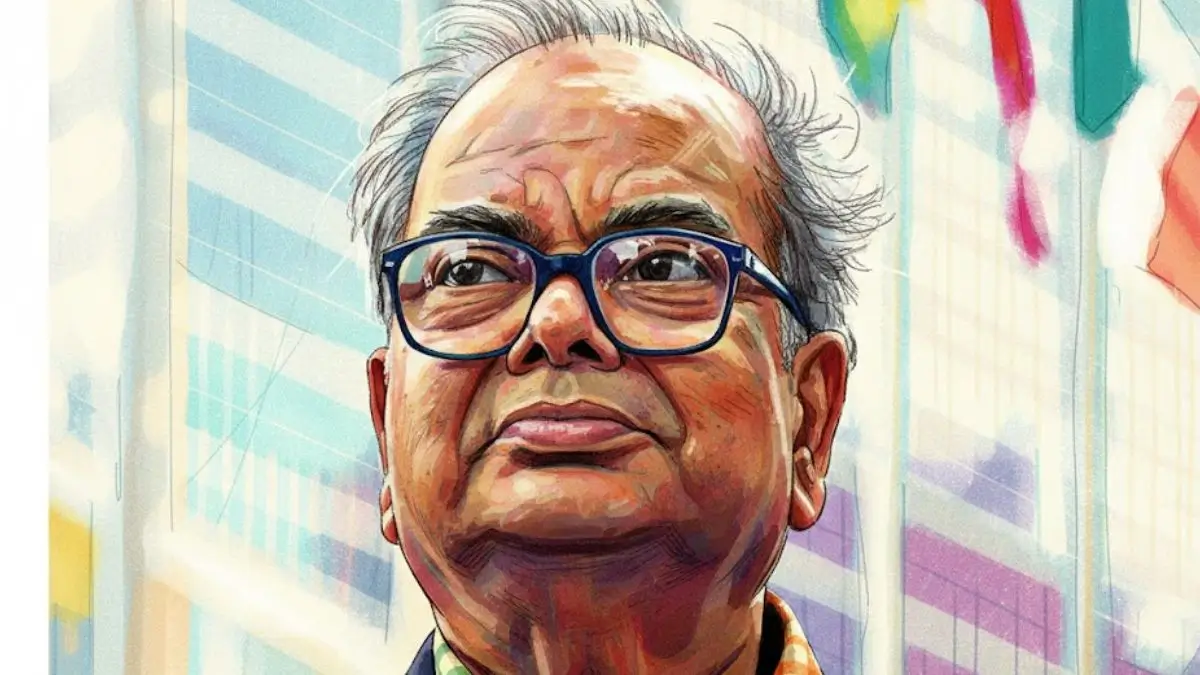Israel Kills Hamas Chief Yahya Sinwar: A Major Shift in the Conflict
In a significant escalation in the ongoing conflict between Israel and Hamas, Israeli forces have successfully targeted and killed Yahya Sinwar, the chief of Hamas in Gaza. This operation marks a crucial point in Israel’s military strategy against Hamas, particularly in light of the recent surge in hostilities. Sinwar, known for his leadership role and strategic planning within the organization, has been a pivotal figure in orchestrating Hamas’s military operations against Israel. His death not only represents a tactical victory for Israel but also signals a potential shift in the power dynamics within Gaza.
The Implications of Sinwar’s Death
The assassination of Sinwar carries profound implications for both Israeli security and Palestinian politics. For Israel, removing a high-ranking Hamas official is seen as a move to weaken the group’s operational capabilities. Analysts suggest that this could lead to a temporary reduction in rocket fire and cross-border attacks as Hamas reassesses its leadership and strategic direction. On the Palestinian side, Sinwar’s death could create a power vacuum within Hamas, potentially leading to internal strife and a struggle for leadership among the organization’s ranks.
International Reaction and Impact on Peace Efforts
Internationally, the assassination has drawn mixed reactions. While some nations express support for Israel’s right to defend itself, others condemn the killing as a provocative act that could exacerbate tensions in the region. The assassination poses challenges for ongoing peace efforts, as the power shift may lead to increased volatility in Gaza, making negotiations more complex. The United Nations and various human rights organizations are closely monitoring the situation, urging both sides to exercise restraint and seek diplomatic solutions to prevent further escalation.

Why This News is Important
Significance for Security Policy
The killing of Yahya Sinwar has critical implications for Israel’s security policy. As a prominent figure in Hamas, Sinwar’s removal could alter the operational strategies employed by the group, potentially leading to a reassessment of threats faced by Israel. Understanding the impact of such high-profile actions is essential for students preparing for government exams, particularly those focused on international relations and security studies.
Impact on Regional Stability
This event underscores the fragile nature of stability in the Middle East. The ongoing conflict between Israel and Hamas has far-reaching consequences, not just for the two parties involved but also for neighboring countries and global powers. Students should grasp the interconnectedness of these events and their implications for regional peace and security.
Historical Context of Israel-Hamas Relations
The historical backdrop of the Israeli-Palestinian conflict is crucial for understanding the significance of this news. Since its inception in the late 1980s, Hamas has positioned itself as a resistance movement against Israeli occupation, leading to numerous confrontations and a cycle of violence. The killing of a key leader like Sinwar can reignite tensions, making historical knowledge vital for students of political science and history.
Key Takeaways from “Israel Kills Hamas Chief Yahya Sinwar”
| Serial Number | Key Takeaway |
|---|---|
| 1 | Yahya Sinwar was the chief of Hamas in Gaza. |
| 2 | His assassination marks a significant escalation in the conflict. |
| 3 | The killing is seen as a tactical victory for Israel. |
| 4 | Sinwar’s death may create a power vacuum within Hamas. |
| 5 | The international reaction has been mixed, affecting peace efforts. |
Important FAQs for Students from this News
1. Who was Yahya Sinwar?
Yahya Sinwar was the chief of Hamas in Gaza, known for his leadership role in orchestrating the group’s military operations against Israel.
2. Why was Sinwar’s assassination significant?
His assassination represents a major tactical victory for Israel and may alter the balance of power within Hamas, impacting future military strategies and political dynamics in the region.
3. How did the international community react to Sinwar’s killing?
The international response has been mixed, with some countries supporting Israel’s right to defend itself and others condemning the act as likely to escalate tensions further.
4. What impact might Sinwar’s death have on the Israeli-Palestinian conflict?
Sinwar’s death may lead to a temporary reduction in hostilities as Hamas reassesses its leadership, but it could also create a power vacuum that fuels internal conflict within the organization.
5. What historical context is important to understand this event?
The Israeli-Palestinian conflict has a long history, marked by cycles of violence and attempts at peace negotiations. Understanding this context is crucial for comprehending the significance of events like Sinwar’s assassination.
Some Important Current Affairs Links






